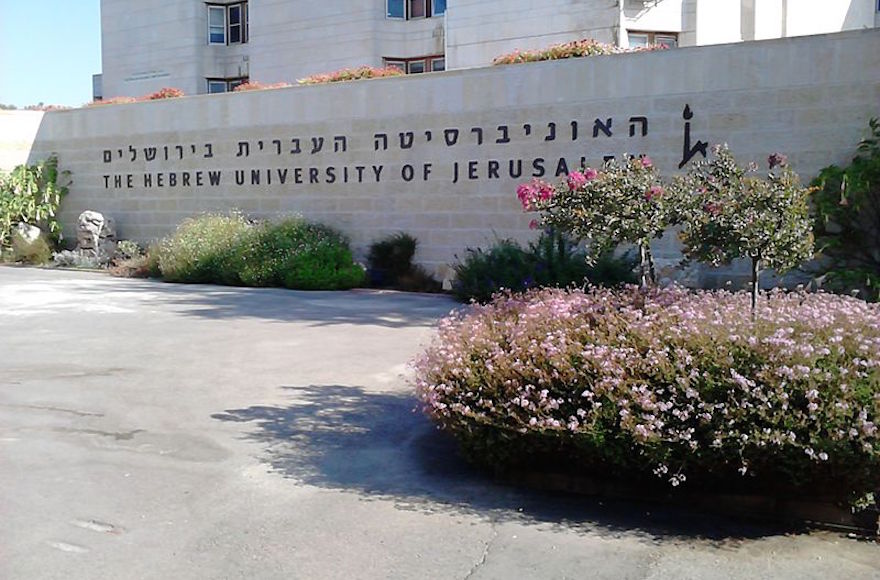The Arts Undergraduate Society (AUS) Executive Committee has since passed POLI 339. According to AUS, they did not have enough information regarding the course by their Legislative Council meeting on Jan. 30.
AUS has since suspended the result of the Committee vote following allegations that the vote was undemocratic and unconstitutional. AUS is taking statements at [email protected].
POLI 339 Comparative Developed: Topics 1, a Political Science course featuring a two-week exchange to the Hebrew University of Jerusalem (HUJ), has ignited heated debates on campus, resulting in AUS ultimately rejecting the course’s proposed fee.
In a Facebook post on Jan. 26, McGill Students in Solidarity for Palestinian Human Rights (SPHR) criticized the university for offering a course at HUJ, citing that the campus is partially located on Mount Scopus, a region in Jerusalem that continues to have a disputed territorial status. SPHR claimed that the course is inaccessible because Israeli border security may detain students with Palestinian nationality, as happened to Lara Alqasem, an American student of Palestinian descent, last year. In a statement to The McGill Tribune, SPHR argued that offering POLI 339 would be hypocritical given McGill’s acknowledgement of its colonial occupation of indigenous land.
“There is a common discourse on McGill’s campus that the university must be held accountable for its complicity in settler-colonialism, and [POLI 339] completely contradicts that,” SPHR representatives wrote. “If this course is approved, it not only trivializes the existence and experiences of Palestinian students at McGill, but it puts efforts of accountability here at McGill in jeopardy and puts the lives of its own students at risk should they choose to participate.”
Israel on Campus (IOC) countered SPHR’s statements in a Facebook post on Jan. 28, maintaining that McGill should give students opportunities to understand the Israeli-Palestinian conflict. IOC refuted allegations of inaccessibility, stating that Arabs make up 16 per cent of HUJ student body and that a Israeli Supreme Court decision last October will limit the use of Israeli law to bar those affiliated with Boycott, Divestment, Sanctions (BDS), a global campaign against Israel, from the territory. In an email to the Tribune, IOC stressed that studying at the site of the Israel-Palestine conflict encourages critical thinking.
“By fighting against this course, we believe that SPHR is expressing fear,” IOC representatives wrote. “They are scared that participants will come back refusing to blindly accept their opinions as facts. We encourage critical thinking and are happy to see students have the opportunity to study the conflict themselves by hearing, seeing, and experiencing diverse viewpoints on the ground and forming their own perspectives.”
After receiving backlash, McGill’s Political Science Student Association (PSSA) removed its advertisement for POLI 339. PSSA President Bella Harvey asserted at AUS council that the PSSA remains neutral.
“I believe, personally, that students should be absolutely free to exercise their academic freedom to engage in the opportunities [available to them], but they are equally free to express dissent and protest the class,” Harvey said. “[The] PSSA has no control over what classes are offered by the department and cannot stop them from being offered.”
The Student Fee Advisory Committee (SFAC), which oversees a variety of fees that McGill charges students, had approved the fee before the AUS Council voted against it on Jan 30. During the meeting, critics of POLI 339 argued that the course is not equally accessible for students of Palestinian descent. Others accused councillors of using the debate to express personal grievances and, in so doing, inappropriately deny students academic opportunities. The motion to approve POLI 339 course fees, presented by Arts Representative Andrew Figueiredo, narrowly failed 13-14 in a secret ballot.
POLI 339 will be taught and coordinated by Professors Richard Schultz and Harold Waller, with the Gerald Schwartz & Heather Reisman Foundation partly subsidizing travel costs. The proposed course fee would have had each enrolled student pay $1,000 for lodging, transportation, and remaining airfare expenses. However, given the course fee motion’s failure, it is unclear how the expenses will now be covered.
“[SSMU] only signs off on the fees once they’re approved at the faculty/department level,” Students’ Society of McGill University (SSMU) President Tre Mansdoerfer wrote in an email to the Tribune. “[I am] unsure about the POLI 339 fee motion’s next steps, as I haven’t seen a case where [course fees] failed to pass so far this year.”








